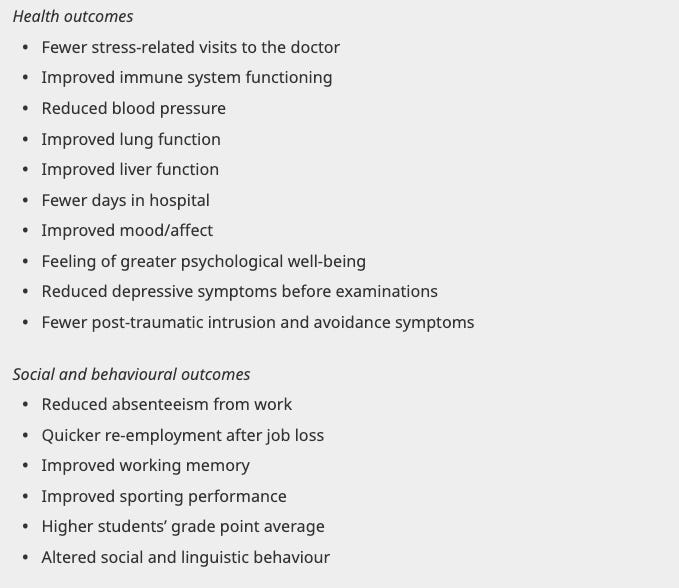
You’ll learn: The highest impact way to instantly improve your writing. Warning: It’s awkward. But it may make you more money and even improve your health if you regularly practice it.
Housekeeping:
Thanks to all the Members who keep this train running.
If you’d like to become a Member so you can access all 2% Premium content, you can do so through the button below.
I’ve gotten a few messages from Members asking which protein I use. Here’s your answer.
I’ve been surprised at the number of 2% readers who’ve emailed me asking for writing tips. But it makes sense.
This project is about finding high-ROI ways to improve your life. Better writing does that.
This rule doesn’t only apply to writer types like me. Writing is essential for anyone who’s ever sent an email or just wants to organize their thoughts. Which is to say, you.
Warren Buffett, arguably the smartest financial mind of our time, said, “The one easy way to become worth 50 percent more than you are now—at least—is to hone your communication skills—both written and verbal.”
The written word is more important now than ever. The average office worker sends 40 emails.
That’s thanks to changes in technology and hybrid work. Writing is something we can all improve on.
86% of workers report experiencing problems from poor writing.
98% of workers agree their lives would be easier if email communication were clearer.
We lose $1.2 trillion a year due to unclear communication.
Writing can also improve your health and happiness.
Consider the research on “expressive writing.” Scientists in Australia had a group of people write for 15 minutes about the biggest problems and traumas they’d faced. They did this just four times.
Afterward, these people were less likely to visit a doctor for health concerns and reported greater mental and physical health. They were happier and had lower blood pressure and stronger immune systems. Writing helped these people dump past issues that were still weighing on them.
The results were even more powerful when the participants continued the practice. Here’s a box highlighting what happened to those who regularly wrote through their issues:
You get the point. Better communication saves time and frustration and can improve our bank account and wellbeing.
Enter a writing tip that helped me become a less bad writer.
As a journalism professor at UNLV, I give it to all of my students. I’ve seen it take bad writers to decent writers and decent writers to good writers. It can do the same for you.





